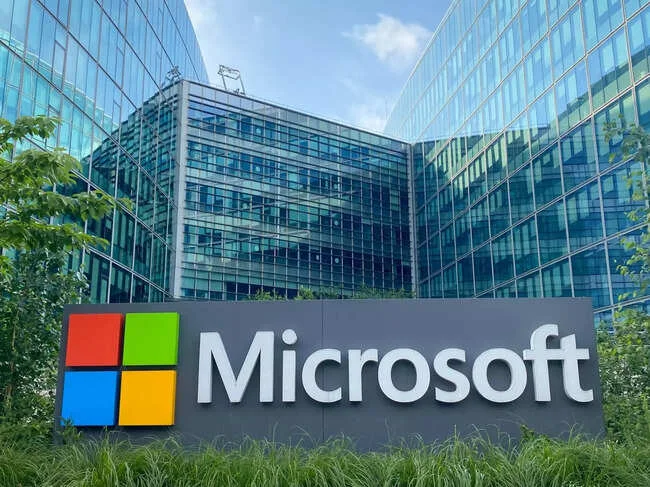Alright, let's dissect this Gates Foundation news. The headline is that they've slashed their Microsoft (MSFT) stake by roughly 65% in Q3 2025. That's a sale of about 17 million shares, raking in around $8.7 billion (using an average selling price of $510.13 per share, according to reports). Panic button time? Not so fast.
Portfolio Rebalancing or Something More?
The immediate reaction is, of course, concern. Microsoft has been a bedrock investment for the foundation. Dropping that much stock caused a nearly 18% drop in the portfolio's overall value. Some are whispering about a lack of confidence in tech valuations, particularly in AI. Baird analyst William Power, despite being bullish on MSFT with a $600 price target, acknowledges "concerns about AI capital spending and cycle concerns." See Top Baird Analyst Initiates Coverage on Microsoft Stock (MSFT), Says It Is ‘Leading the AI Revolution’.
But let's look at the numbers. The foundation’s portfolio was heavily concentrated. Before this sale, about 67% of its assets were tied up in just three companies. This move isn't necessarily about bailing on Microsoft. It's about diversifying and freeing up cash for philanthropic commitments. They've publicly stated they're increasing annual distributions to around $9 billion. You need liquidity to make that happen.
They also trimmed their Berkshire Hathaway shares by about 9.78%, and fully exited Crown Castle and UPS. So, it's not just Microsoft getting the axe. It's a broader portfolio reshuffling.
Now, here's where my analyst senses start tingling. (And this is the part of the report that I find genuinely puzzling.) If this is purely about raising capital, why not sell a smaller percentage across the board? Why such a dramatic cut in Microsoft? Was there a tax benefit to this particular transaction? Details on the specific tax implications remain scarce, but it's a question worth asking.
The Thiel Pivot: A Telling Sign?
Interestingly, Peter Thiel's firm, Thiel Macro, completely exited Nvidia (NVDA) and increased its positions in Microsoft and Apple (AAPL). Thiel has been vocal about potential overvaluation in the AI space. This could signal a shift from chipmakers to software and platform companies. The market appears to agree, with Microsoft stock holding steady around $510 on the day the Gates news broke.

However, we can't ignore the optics. As one source noted, for many investors, "Bill Gates = Microsoft" is still an emotional shorthand. Any large sale can trigger knee-jerk reactions. The sheer size of the reduction is psychologically important.
And let's be clear: Despite the sale, the Gates Foundation still holds a substantial amount of Microsoft stock – around 9.2 million shares, worth roughly $4.8 billion. That's hardly a sign of complete abandonment.
The AI Spending Treadmill
One of the biggest debates around Microsoft isn't about this stock sale, but about their AI spending. Their fiscal Q1 2026 showed strong revenue ($77.7 billion, up about 18% year-over-year), but AI and cloud capex is exploding, potentially reaching $30–35 billion per quarter. Microsoft's cash and short-term investments have dropped from about 43% of total assets in 2020 to about 16% now.
The question is: Is this AI spending a long-term value creator or a capital-intensive treadmill? Their operating margin is solid (north of 40%), and net margin is around 35%, but the stock is priced at a premium (P/E >36, P/S ~13, P/B >10). Those multiples assume these AI investments will pay off big.
And what about the export curbs? Microsoft is backing the GAIN AI Act, which would restrict exports of high-end AI chips to China. This could give them priority access to those chips for their Azure data centers. But it also puts them at odds with Nvidia, which opposes such restrictions.
So, What's the Real Story?
Ultimately, this looks like a calculated portfolio move, driven by the need to fund philanthropic efforts and reduce concentration risk. The market isn't panicking, and other smart money is moving into Microsoft. But the sheer size of the sale, coupled with the massive AI spending and policy risks, means that Microsoft's margin for error is shrinking. They're betting big on AI, and the clock is ticking to show those bets are paying off.
